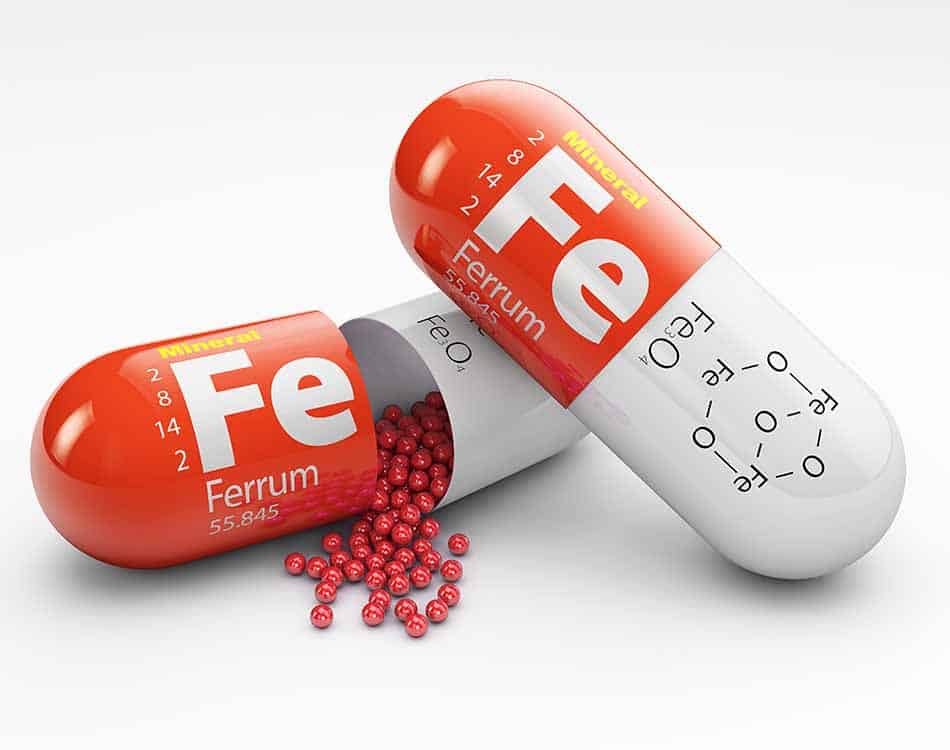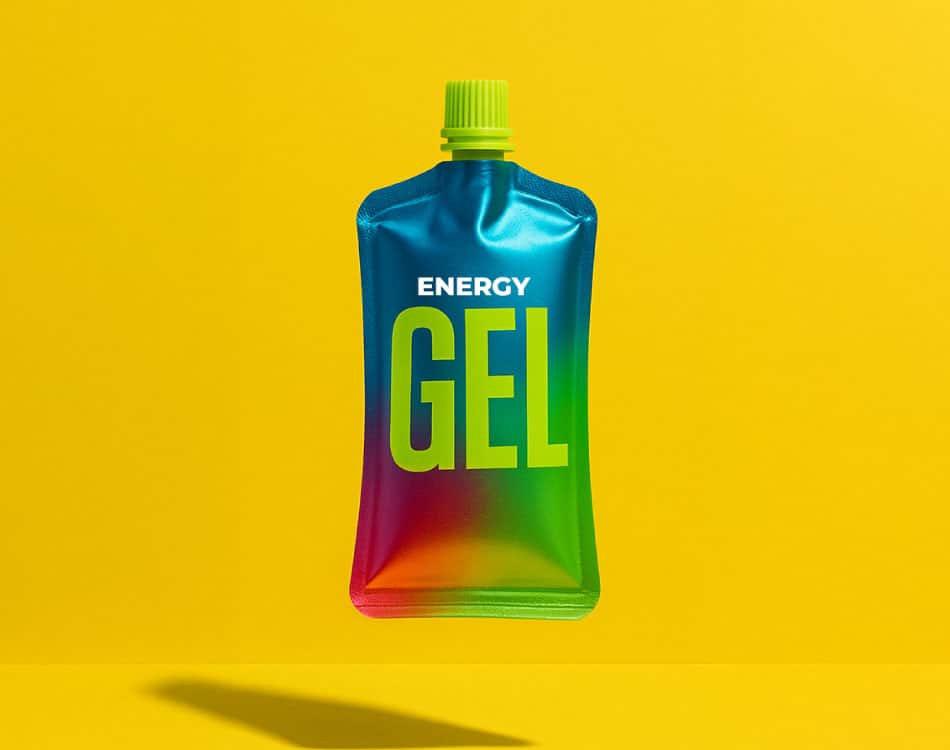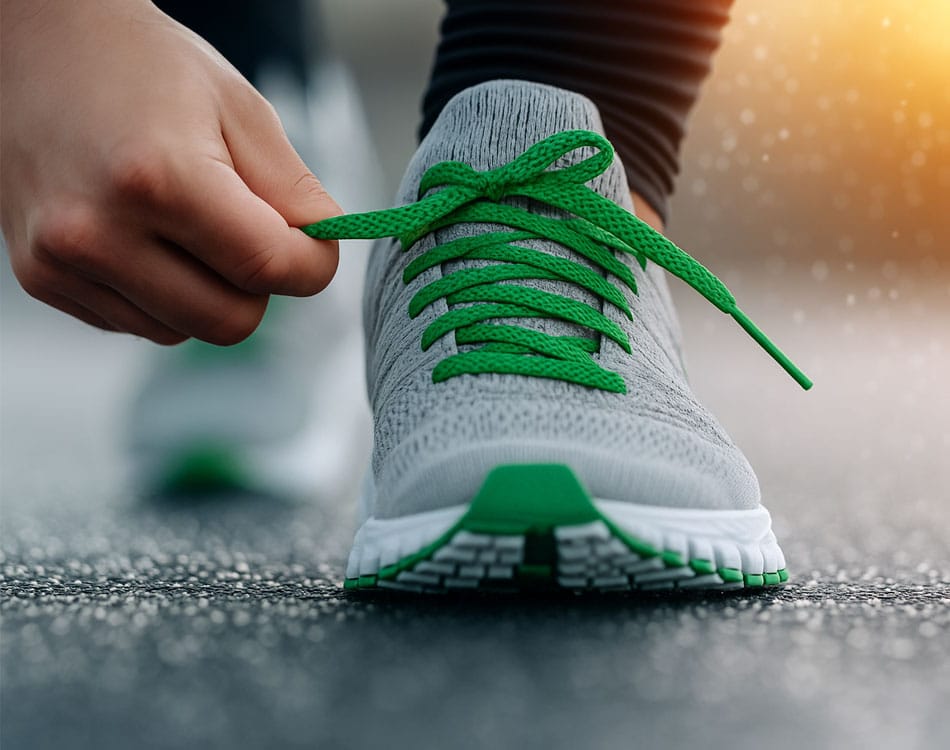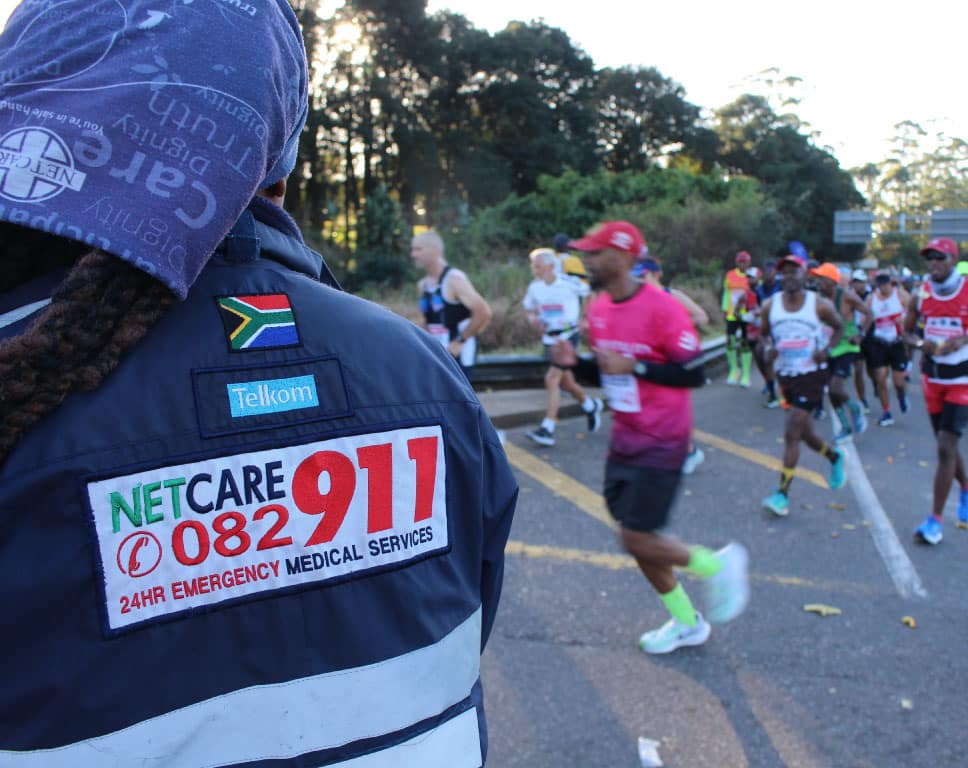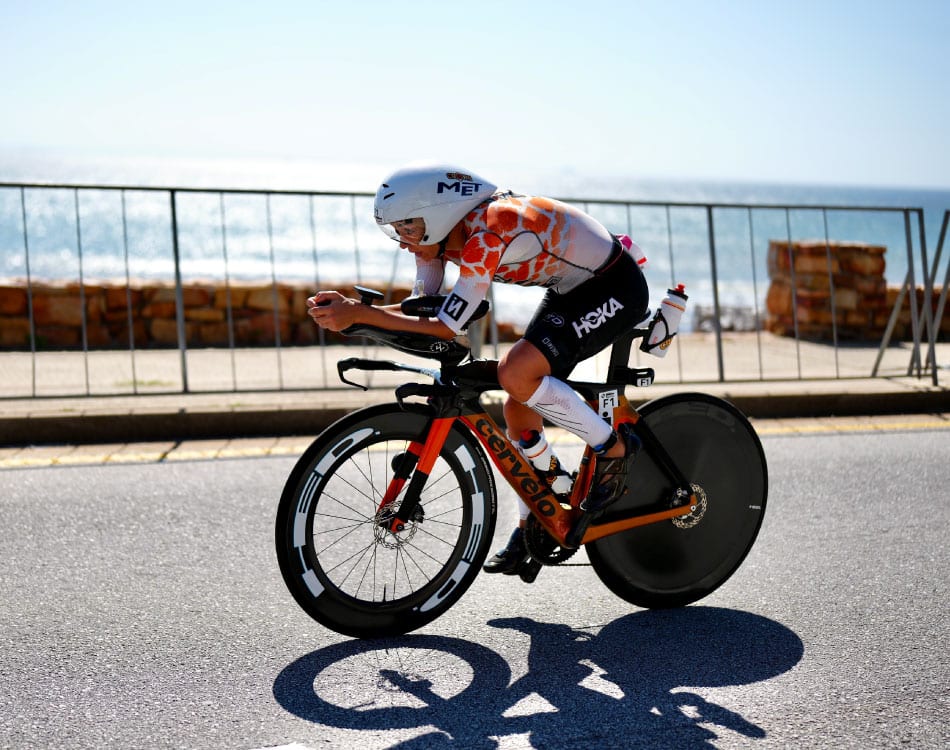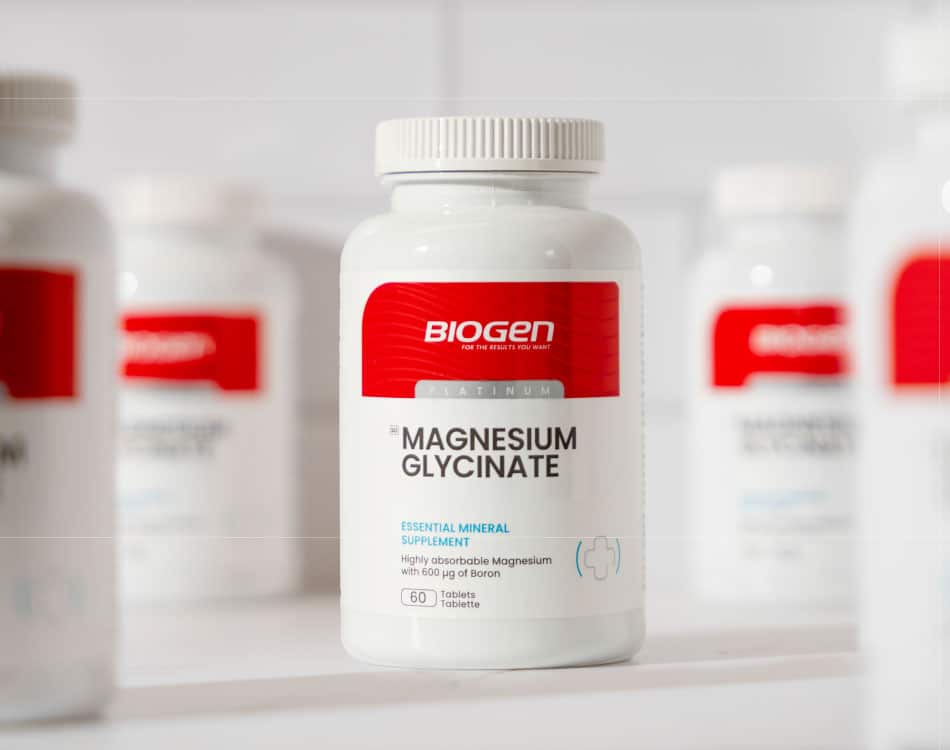While weight training is highly beneficial for endurance athletes, that’s not the iron game we’re discussing in this article.
Instead, we’re going to focus on the importance of iron the mineral. A lack of this important mineral can severely affect your health and performance.
Without adequate iron levels, athletes can develop a condition known as anaemia, which means you can’t carry sufficient oxygen to working muscles. And endurance athletes are particularly prone to iron deficiencies.
All about the O2
Your body needs iron to produce a type of protein in red blood cells called haemoglobin, which is responsible for carrying oxygen in your blood.
And without an adequate supply of oxygen, your muscles (and other tissues) can’t produce aerobic energy efficiently.
As a consequence, those who suffer from anaemia often feel tired and weak. The condition can also make it difficult to perform cognitive tasks, while impaired body temperature regulation, headaches and dizziness are other common symptoms.
Depleting iron stores
A study published in the Sports Medicine journal determined that athletes who train frequently may develop anaemia for various reasons.
Accordingly, endurance athletes who train regularly, particularly at high intensities or with greater frequency and overall volume, may have higher iron requirements.
The most effective ways to maintain or boost your iron status is to consume iron-rich foods in your diet.
These include animal foods such as meat, seafood and poultry, which contain forms of iron that the body can better absorb than those found in plant foods such as spinach and beans.
Topping up your iron
However, for those who already suffer from iron deficiency anaemia might struggle to correct the condition with dietary interventions alone.
In these instances, a supplement can be highly beneficial in treating a medically diagnosed iron deficiency. The key is to ensure you buy a product that offers the highest absorption rate.
However, the right product and dosing strategy should be guided by a qualified medical professional. This is important because iron overload or overdosing can damage organs or cause other serious health issues.

